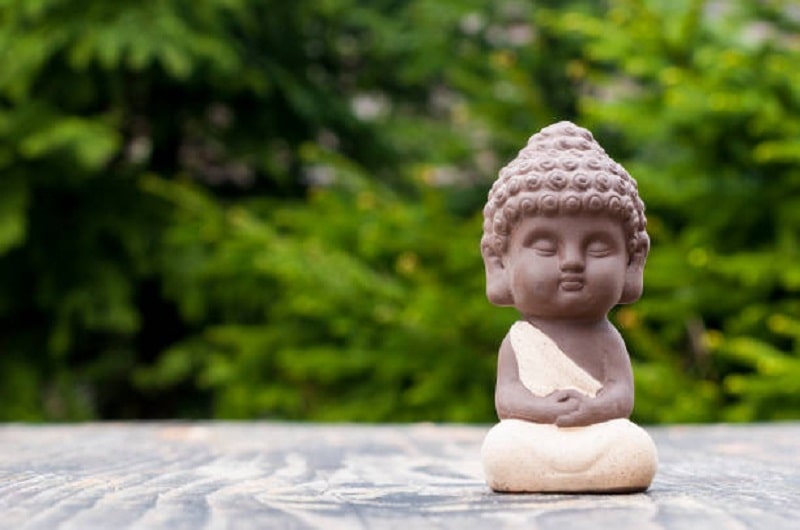What is the psychology of money? We can say that this is the relationship of a person with money. And understanding these relationships is as important as technical knowledge of financial markets or even entrepreneurial experience. This subject is so important that it is time to start teaching it in schools.
The thing is that, unlike such precise fields as physics or engineering, finance cannot be considered in isolation from human psychology. Our future capital in 80% of cases determines our behavior. And only 20% is knowledge and information.
All people are born and raised in different conditions. Accordingly, everyone’s relationship with money will be different. For your own financial stability and security, it is important to begin to be aware of your own reasoning and behavior in order to find in them all the erroneous attitudes and irrational habits that impede future well-being.
Being aware of the workings of your own mind will not only create wealth, it will bring you much more benefits than money. This will make you independent of other people’s opinions and views, and will also allow you to recognize behavioral patterns in other people who are chasing things and traditions that society mistakenly attaches excessive value to.
Unfriendly attitude towards money
Guilt, shame, fear of having large amounts of money or envy of someone else’s wealth are some of the worst emotions that do not correlate with financial well-being. The first three of them are mostly instilled in society, and envy is partially sewn into us from the very beginning, but in babies it takes the form of jealousy.
Be that as it may, you will have to rewrite the outdated program, remove these bugs and give the money its due. We should be very grateful to the money for solving many problems, ranging from the opportunity to do what we love, while bringing benefits to society, and ending with the ability to quickly organize humanitarian assistance or charity fundraisers for children.
Money just for money
It is always important to remember that no one needs a tool for the sake of the tool itself. In the pursuit of wealth, many forget why they do it at all.
There are many opponents of the theory that you should always follow your passion, forgetting about profits, who believe that it is better to first create capital by any legal means, so that later you can do what you love without worrying about money.
Probably, there is a rational grain in this. However, not everyone can persistently develop a business that they do not like, for several years, only so that later they can do what they can do right now. Moreover, it is not certain that the business will be profitable at all or that it can be sold without loss. While, if not the best, then the most active years of life gradually pass.
In addition, wealth is not determined by the amount of money, houses, cars, yachts, or a brokerage account. Wealth is determined by needs. Some monk who has nothing but a bowl for rice is richer than many billionaires, for the simple reason that he does not need anything else and is completely unattached to things. Even to this bowl.
Therefore, if you are completely satisfied doing what you love, which can feed you and allows you to create some kind of reserve, and at the same time you do not feel the need to own anything else, then it is likely that you are not only richer, but also happier many of the biggest entrepreneurs who can never stop and say to themselves: “That’s it. Enough for me.”
Balance
There is a golden mean between a spender and a miser. However, like everywhere else. Overly strict money saving is as absurd as a riotous lifestyle. You have to be careful not to go to extremes.
We do not live in order, like walking calculators, to take into account and record the movement of each monetary unit in the family budget. But hedonism is not the solution either, because the incessant pursuit of pleasure interferes with deep introspection, without which it is difficult to become truly happy, no matter the circumstances.
